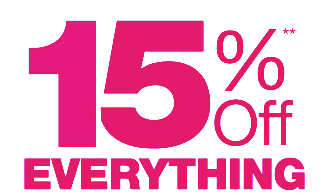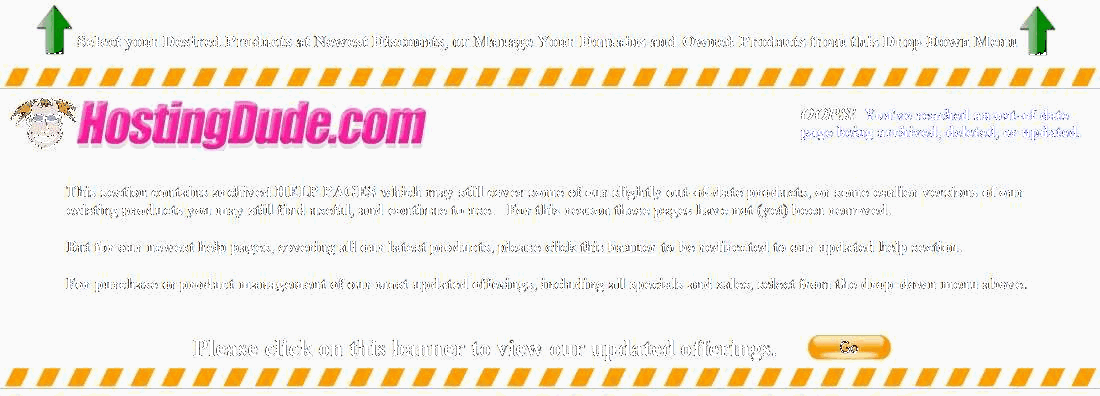Working with Your Certified Domain
Here's the Lowdown: If your domain has completed certification, we've summarized information for the on-going use of your Domain Origination Certified Seal along with answers to frequently-asked questions about certified domains. If your domain has not yet completed certification validation, see What is the Certified Domain authorization and validation process?.
Now that the domain has been certified, what's next? Here are frequently-asked questions about using and retaining your domain's certification.
How will visitors know that my domain is certified?
Once your domain passes the certification validation process and the Domain Origination Certified Seal has been generated, the seal is automatically added to the Whois listing for your domain. In addition, you'll get HTML code that you can copy and paste into your website's source code, so that the Domain Origination Certified seal appears on your site.
How do I add the Domain Origination Certified Seal to my website?
Site seal generation creates HTML code that can be added to your Web pages. If you are using Website Builder to design and develop your site, see Adding the Domain Origination Certified Seal to Website Builder, otherwise, click here for details on finding and using the site seal code.
Where on my Web page will the Domain Origination Certified Seal display?
You can add the Domain Origination Certified seal anywhere on your website. Simply copy and paste the code we provide into the appropriate section of your website's source code. But remember, it goes inside the body tags (for example: between <body> and </body>).
What are the Certified Domain system requirements?
There aren't many system requirements for generating a Domain Origination Certified seal but there are a few. Click here for the details.
What happens to my certified domain validation if I move my website to another domain?
We validate specific domain names and add the Domain Origination Certified seal to the Whois listing for the domain that passed the certification process. Regardless of the website associated with the domain name, the Certified Domain authorization and validation continue to apply to that domain name. You cannot move the seal to another domain. If you need a seal for a different domain name, you can apply for another seal for the new domain name.
What happens if I update the Whois information for a Certified Domain?
If you update the Whois information for a Certified Domain, HostingDude.com detects the change and re-initiates the domain authorization and validation process to ensure that the Certified Domain holder still controls the domain.
Once HostingDude.com detects a change, it sends out verification emails to each unique updated email address listed for the Registrant, Administrative, and Technical contacts. As with the initial authentication process, each unique updated email must be verified. For example, if your domain contacts all use the same email address and the email address is changed on the Whois, one email will be generated to the new email address. If, on the other hand, you update the Administrative and Technical contacts to each use their own email address and each is different from that used by the Registrant, each of these new email addresses will receive a verification email.
What happens if my domain registration expires before the Certified Domain?
If the registration for a certified domain expires before the Domain Origination Certified seal is set to expire, the Domain Origination Certified seal is terminated with the expiration of the domain registration. Remember, the seal indicates the verification of the registration of your domain. If the domain expires, it is no longer verified or certified.
What are the Certified Domain system requirements?
To request a Domain Origination Certified seal for your domain name, your browser must comply with the following minimum requirements:
- Internet Explorer 6.0 or later
- Netscape Navigator 8.0 or later
- Mozilla Firefox 1.7.4 or later
- Safari 1.3 or later





